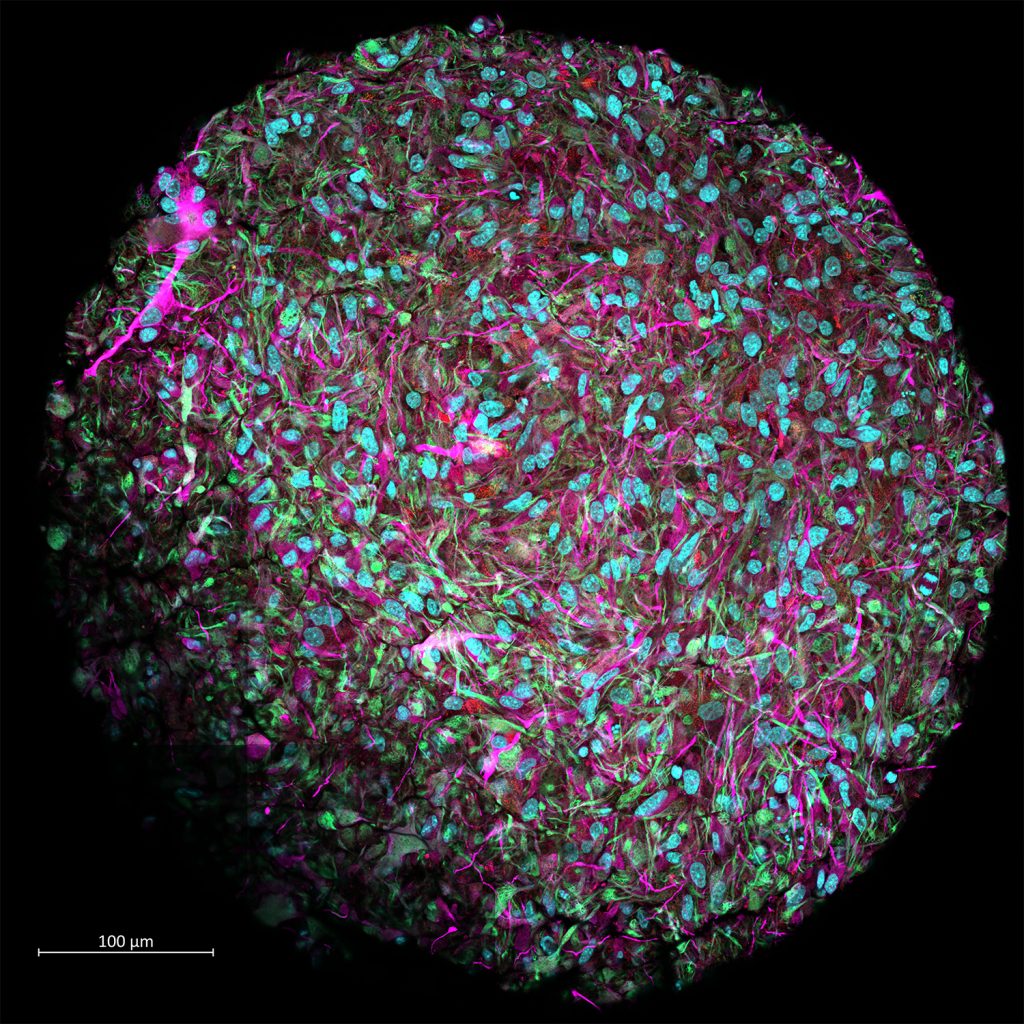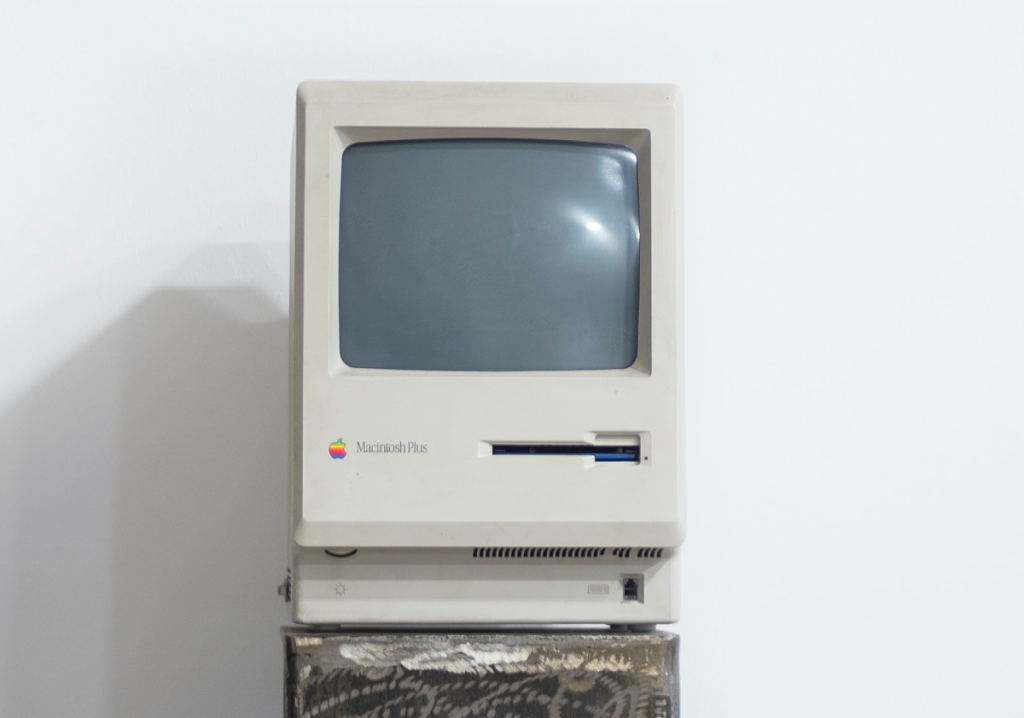By James Gamble
Futuristic “biocomputers” powered by human brain cells could soon become a reality which will revolutionize computing, a new study suggests.
Researchers from Johns Hopkins University say the half-human-half-machine devices have the potential to push past current technological limits by using brain organoids taken from tiny human skin samples.
The team of scientists has been experimenting with brain tissue the size of a pen dot, containing neurons and other functions with the ability to learn and memorize.
Professor Thomas Hartung, who leads the work, says this “biological hardware” could soon assist with valuable research on how the human brain works and provide a way of alleviating energy consumption demands in supercomputers.
The study team also hope organoid intelligence could additionally revolutionize drug testing research for neurodevelopmental disorders and neurodegeneration.
Though computers can do calculations with numbers and data far quicker than humans, the brain is much better at making complex logical decisions, such as identifying one animal from another.
Hartung admits: “The brain is still unmatched by modern computers.”
The professor of environmental health sciences at the Johns Hopkins Bloomberg School of Public Health and Whiting School of Engineering explains: “Frontier, the latest supercomputer in Kentucky, is a $600 million, 6,800-square-feet installation.
“Only in June of last year, it exceeded for the first time the computational capacity of a single human brain — but using a million times more energy.”
Hartung’s study, published today in the journal Frontiers in Science, outlines his team’s plan for organoid intelligence.
He said: “Computing and artificial intelligence have been driving the technology revolution but they are reaching a ceiling.
“Biocomputing is an enormous effort of compacting computational power and increasing its efficiency to push past our current technological limits.”

For nearly two decades, scientists have been using tiny organoids – lab-grown tissue resembling fully-grown organs – to experiment on human organs without having to resort to human or animal testing.
In 2012, Hartung and his colleagues began to grow and assemble brain cells into functional organoids using cells from human skin samples.
These cells were then reprogrammed into embryonic, stem cell-like states.
Each organoid contains around 50,000 cells – and is as small as a fruit fly’s nervous system.
Hartung and his team now envision constructing a supercomputer with these organoids, which they believe could begin to alleviate the energy-consumption demands of supercomputing, which are becoming increasingly unsustainable.
Though it may take decades before organoid intelligence can even power a computer mouse, by scaling-up organoid production and training them with artificial intelligence, Hartung predicts a future in which biocomputers support superior speed, processing power, data efficiency and storage capabilities in computing.
He continued: “Brain organoids open up research on how the human brain works, because you can start manipulating the system, doing things you cannot ethically do with human brains.
“It will take decades before we achieve the goal of something comparable to any type of computer, but if we don’t start creating funding programs for this, it will be much more difficult.”
The Johns Hopkins team also suggest organoid intelligence could revolutionize drug testing research for neurodevelopmental disorders and neurodegeneration.
Lena Smirnova, an assistant professor of environmental health and engineering at Johns Hopkins who co-leads the investigations, says: “We want to compare brain organoids from typically developed donors versus brain organoids from donors with autism.
“The tools we are developing towards biological computing are the same tools that will allow us to understand changes in neuronal networks specific for autism, without having to use animals or to access patients, so we can understand the underlying mechanisms of why patients have these cognition issues and impairments.”
To assess the ethical implications of working with organoid intelligence, a diverse consortium of scientists, bioethicists, and members of the public were embedded within the Johns Hopkins team.
Produced in association with SWNS Talker
Recommended from our partners
The post Human Brain Cells Could Be On Horizon That Powers Biocomputers Leading A Whole New Evolution appeared first on Zenger News.

